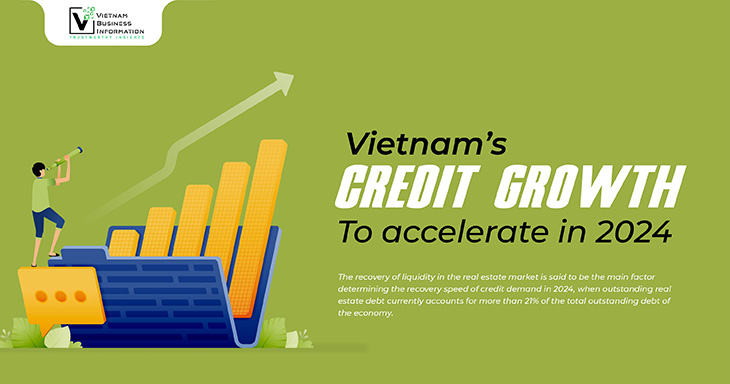Published Nov 2024
Vietnam’s Education Sector: Opportunities, Growth, and Future Potential
Vietnam's education sector has witnessed significant growth due to rising demand for quality education, a burgeoning middle class, and increased government and private sector interest. This article explores Vietnam’s education sector from an economic perspective, focusing on investment trends, market dynamics, and future potential.

Vietnam’s Education Sector: Opportunities, Growth, and Future Potential
Vietnam's education sector has witnessed significant growth due to rising demand for quality education, a burgeoning middle class, and increased government and private sector interest. This article explores Vietnam’s education sector from an economic perspective, focusing on investment trends, market dynamics, and future potential.

Market Overview
As Vietnam’s economy continues to expand, so does its middle class. With rising incomes, more Vietnamese families are investing in education, particularly in private and international schools with high tuition fees. Vietnamese parents place strong emphasis on their children’s academic success and view quality education as a pathway to better opportunities. As a result, demand for premium education services is on the rise, spanning private K-12 schools, vocational training, and higher education institutions.
According to a report from Savills Vietnam, the country’s education sector has attracted significant investor interest in recent years. Vietnam is one of the few countries in Southeast Asia allowing up to 100% foreign ownership in education, which has drawn international education providers to the market. This regulatory openness, along with a young population and high value placed on education, creates a fertile ground for education sector growth.
Private education sector and rising demand
The private education segment has expanded rapidly, with more institutions offering specialized programs in STEM, bilingual education, and international curricula. Demand is largely fueled by Vietnam’s urban middle class, which is projected to reach 25% of the population by 2025. Many middle- and upper-class families are willing to invest in private schooling that promises smaller class sizes, advanced facilities, and an international curriculum.
These premium schools charge tuition fees significantly higher than public schools, and the willingness of parents to bear this cost reflects the sector's growing profitability. Private education in Vietnam encompasses K-12 schools, language centers, and vocational training, all of which are expanding rapidly due to parental investment in skills development and language acquisition for global competitiveness.
The rise of online and EdTech markets
Online education has shown exponential growth in Vietnam, especially after the COVID-19 pandemic accelerated the adoption of digital learning solutions. According to a report conducted by CafeF, the online education market in Vietnam is set to grow substantially, driven by increased digital connectivity and the need for flexible learning options. By 2025, Vietnam’s EdTech sector is projected to reach $3 billion, fueled by both local startups and international EdTech providers.
Online learning platforms have gained popularity among K-12 students and adult learners alike, offering courses in everything from language and test preparation to professional skills. Government support for digital transformation in education further strengthens the growth of EdTech, with initiatives focusing on integrating technology into classrooms, developing digital curricula, and providing online teacher training.

Key investment trends and challenges
Vietnam’s education sector has attracted substantial investments, with international and private investors seizing opportunities in K-12 and higher education institutions, vocational training centers, and EdTech platforms. As noted by Savills, Vietnam allows 100% foreign ownership in education, making it one of the most open markets in the region. Major foreign educational groups have already entered the market, contributing to the diversification of education offerings and raising overall standards.
However, challenges persist, particularly concerning regulatory complexities, which can complicate the setup and operation of foreign-owned educational institutions. Additionally, the cost barrier for private education limits access for lower-income families, potentially widening the gap in educational quality between rural and urban regions.
Future outlook and growth potential
The Vietnamese education sector shows tremendous potential for growth, especially in premium and specialized education segments. EdTech and online learning markets are expected to expand further, providing flexible and accessible options for learners across the country. Additionally, government initiatives aim to close regional education gaps and improve public education quality, which could further uplift the sector's performance.
As Vietnam looks to integrate into the global economy, its education system will need to evolve to meet international standards and address skills shortages in industries like technology and finance. With ongoing foreign investment, digital transformation, and government support, Vietnam’s education sector is well-positioned to play a central role in the country’s socio-economic development.
In short, Vietnam’s education sector, once primarily focused on public schooling, rapidly evolves into a multifaceted economic sector with substantial private and foreign investment. As more middle-class families seek premium education for their children and as EdTech innovations gain traction, the sector’s economic importance will continue to grow.
Ami Nguyen
Vanguard Business Information LLC















